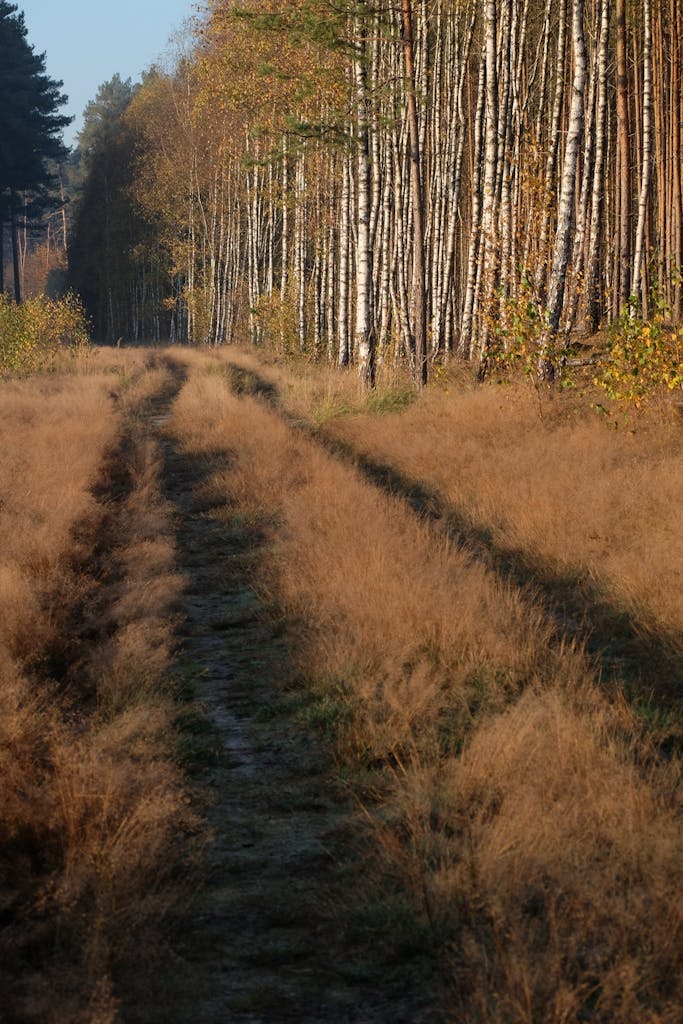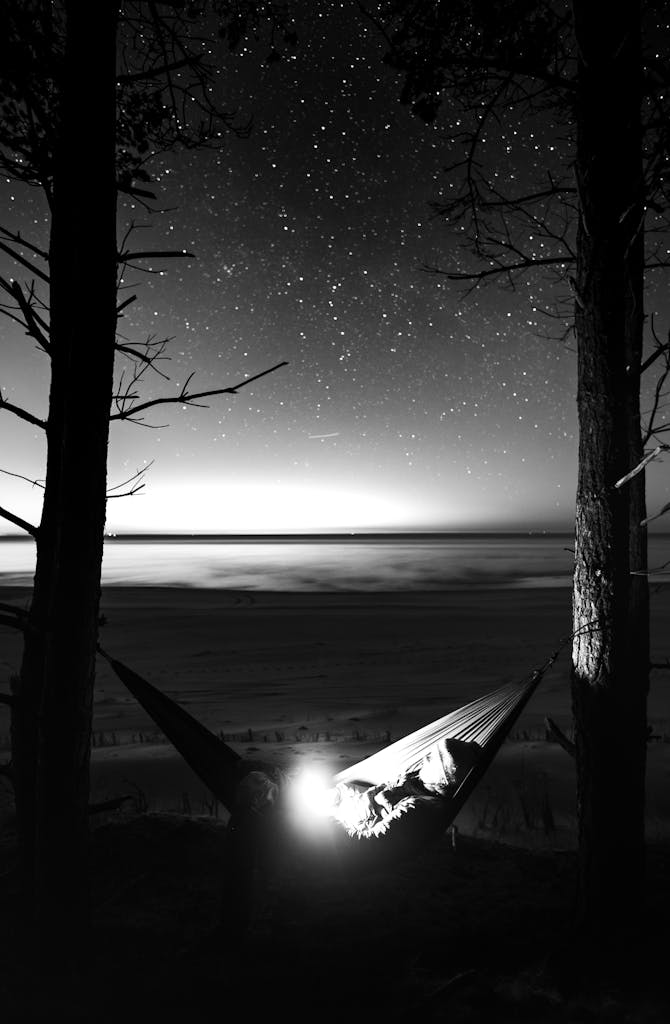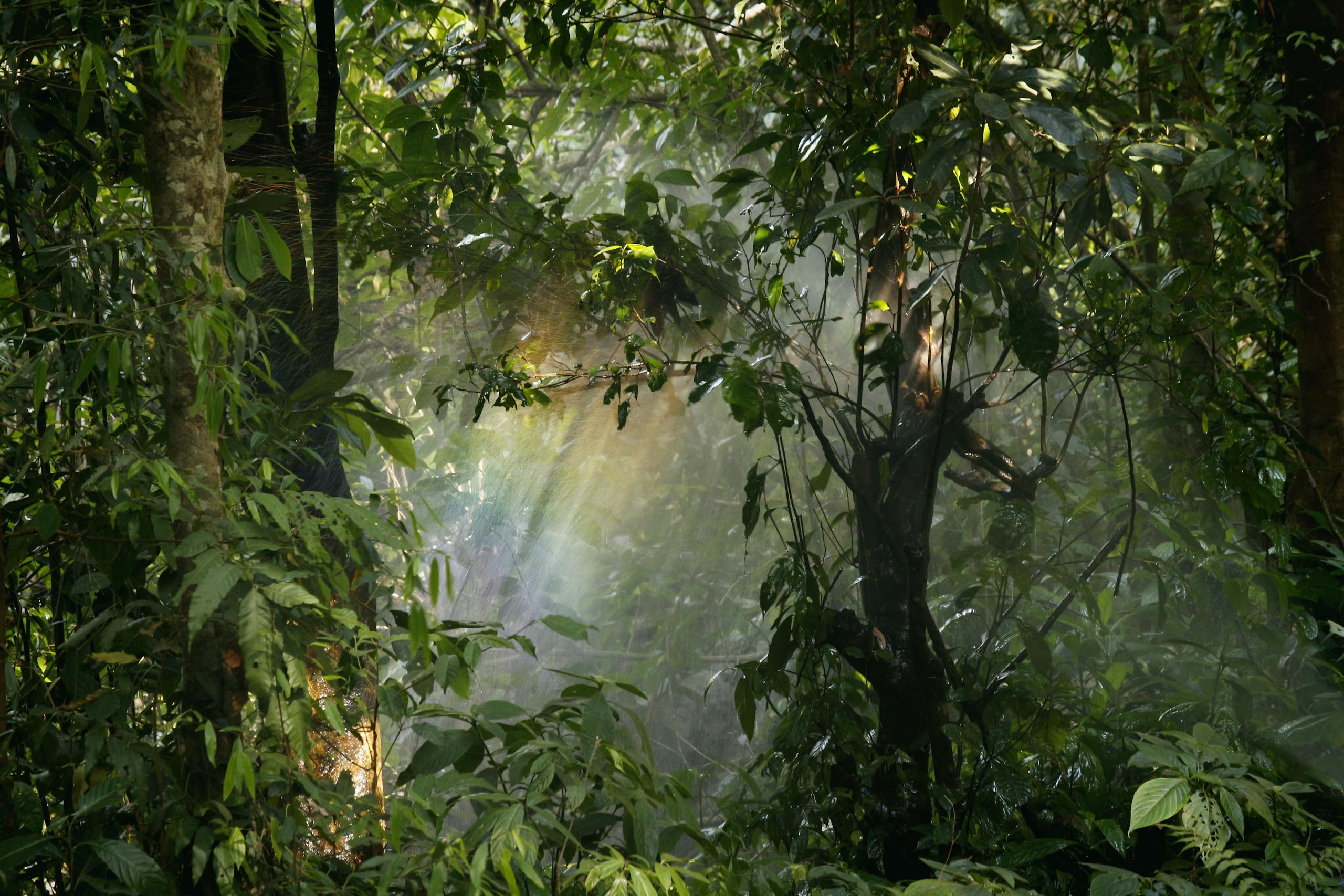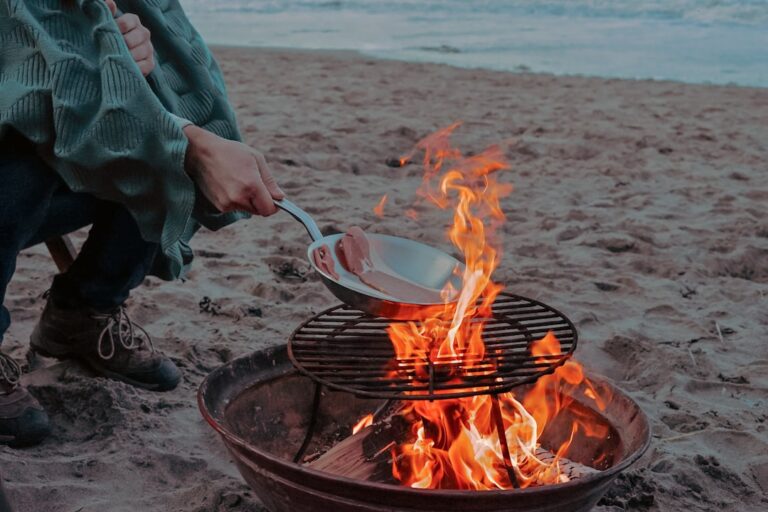The Thrill of Wild Camping: Embracing Nature’s Beauty
Wild camping, often called backcountry or primitive camping, offers an unparalleled opportunity to immerse oneself in nature’s untouched beauty. Unlike traditional campgrounds, which can be crowded and commercialized, wild camping allows adventurers to seek out remote locations where the landscape remains largely unspoiled. Imagine setting up your tent beside a pristine lake, surrounded by towering pines and the distant sound of a cascading waterfall.
These untouched landscapes provide a sense of freedom that is increasingly rare in our modern world, where urban sprawl often encroaches upon natural spaces. The allure of wild camping lies not only in the breathtaking vistas but also in the sense of adventure it brings. Each journey into the wild is unique, with the promise of discovery around every corner.

Whether stumbling upon a hidden valley or witnessing a stunning sunrise over a mountain range, these experiences create lasting memories. The thrill of navigating through dense forests or scaling rocky cliffs adds an element of excitement that is hard to replicate in more developed camping environments. This connection to the land fosters a deeper appreciation for the environment and encourages individuals to explore often overlooked areas.
Key Takeaways
- Wild camping allows for exploring untouched landscapes, providing a sense of adventure and discovery.
- Sleeping under the stars while wild camping offers a unique opportunity to connect with nature and experience the beauty of the night sky.
- Embracing solitude in the wilderness can lead to quiet, allowing for reflection and relaxation.
- Cooking over an open fire and foraging for food while wild camping provides a chance to savor the simple life and connect with the natural environment.
- Navigating unfamiliar terrain and adapting to the elements while wild camping can be challenging but also rewarding and character-building.
Connecting with Nature: The Joy of Sleeping Under the Stars
One of the most enchanting aspects of wild camping is the opportunity to sleep under a canopy of stars. Far removed from city lights and pollution, the night sky reveals a breathtaking tapestry of constellations, planets, and celestial phenomena that many people rarely experience. Lying on a sleeping bag, gazing up at the Milky Way, one can feel a profound connection to the universe.

This experience is not merely about visual beauty; it evokes a sense of wonder and humility, reminding us of our place within the vast cosmos. Sleeping outdoors also allows for a deeper connection with the natural world. The sounds of rustling leaves, chirping crickets, and distant animal calls create a symphony that lulls campers to sleep.
Each night spent in the wild becomes an intimate encounter with nature, where one can feel the gentle breeze on one’s skin and breathe in the fresh, untainted air. This sensory immersion fosters mindfulness and encourages individuals to appreciate life’s simple yet profound aspects, which are often overshadowed by daily routines.
Embracing Solitude: Finding Peace in the Wilderness

Wild camping offers a sanctuary for solitude and reflection in an age of constant connectivity and noise. The wilderness provides an escape from the frenetic pace of modern life, allowing individuals to disconnect from technology and reconnect with themselves. The absence of distractions creates an environment conducive to introspection, where one can ponder life’s questions or enjoy the tranquility surrounding them.
The peace found in solitude can be transformative. Many campers report experiencing a sense of clarity and rejuvenation after spending time alone in nature. The rhythmic sounds of nature—such as the gentle rustle of leaves or the distant call of a bird—serve as a soothing backdrop that encourages relaxation and contemplation.
This solitude can also foster creativity; many artists and writers find inspiration in the quietude of the wilderness, where their thoughts can flow freely without interruption.
Savoring the Simple Life: Cooking Over an Open Fire and Foraging for Food
| Activity | Time Spent | Ingredients |
|---|---|---|
| Cooking over an open fire | 2 hours | Firewood, matches, cooking pot, food items |
| Foraging for food | 1 hour | Basket, gloves, wild plants, mushrooms, berries |
| Preparing the meal | 1.5 hours | Knife, cutting board, seasoning, utensils |
| Eating and enjoying the meal | 1 hour | Plates, cutlery, drinks |
Wild camping invites individuals to embrace simplicity in their daily routines, particularly regarding food preparation. Cooking over an open fire is a practical necessity and an enjoyable ritual that connects campers to ancient traditions. Gathering firewood, building a fire, and preparing meals outdoors transform eating into an experience rather than just a task.
The aroma of food cooking over flames adds an element of flavor that is often missing from meals prepared indoors. Foraging for food further enhances this connection to nature and encourages campers to engage with their surroundings. Identifying edible plants, berries, or mushrooms can be rewarding and educational.

It fosters a sense of self-sufficiency and deepens one’s understanding of local ecosystems. However, foraging requires knowledge and caution; understanding which plants are safe to eat is crucial to avoid potential hazards. This practice enriches meals and instills a greater respect for nature’s bounty.
Overcoming Challenges: Navigating Unfamiliar Terrain and Adapting to the Elements
While wild camping offers numerous rewards, it also presents challenges that require resilience and adaptability. Navigating unfamiliar terrain can be daunting; hikers must be prepared for varying landscapes, from rocky paths to muddy trails. A reliable map or GPS device ensures safety and prevents disorientation in remote areas.
Understanding basic navigation skills can also enhance one’s confidence when exploring new environments. Adapting to the elements is another critical aspect of wild camping. Weather conditions can change rapidly in wilderness areas, requiring campers to be prepared for rain, wind, or sudden temperature drops.
Packing appropriate gear—such as waterproof clothing, sturdy footwear, and a reliable tent—can make all the difference in ensuring comfort and safety during outdoor adventures. Learning to set up camp efficiently in adverse conditions is a valuable skill that enhances the overall experience.
Wildlife Encounters: Observing Animals in Their Natural Habitat

One of the most exhilarating aspects of wild camping is the opportunity to observe wildlife in its natural habitat. The wilderness is home to diverse animals, from majestic deer grazing in meadows to elusive foxes darting through underbrush. These encounters can be awe-inspiring; witnessing animals behaving naturally—unencumbered by human presence—offers insights into their lives and behaviors rarely seen in urban settings.
However, wildlife encounters also come with responsibilities. Campers must respect animals’ space and avoid feeding them, as this can disrupt their natural foraging behaviors and lead to dangerous situations for humans and wildlife. Understanding animal behavior is crucial; knowing when to observe quietly from a distance versus when to retreat can ensure safety while allowing memorable experiences.
Observing wildlife deepens one’s appreciation for biodiversity and highlights the importance of preserving natural habitats.
Conservation and Preservation: Understanding the Importance of Responsible Camping Practices
As wild camping grows in popularity, so does the need for responsible practices that protect natural environments. Campers must adhere to Leave No Trace principles, emphasizing minimizing human impact on ecosystems. This includes packing out all trash, avoiding campfires in sensitive areas, and staying on designated trails to prevent soil erosion and habitat destruction.
By practicing responsible camping, individuals contribute to preserving these pristine landscapes for future generations. Education plays a vital role in conservation efforts. Campers should familiarize themselves with local regulations regarding wildlife protection, fire safety, and environmental stewardship before embarking on their adventures.
Engaging with local conservation organizations can provide valuable resources and opportunities for volunteering or participating in restoration projects. By understanding the delicate balance between recreation and preservation, campers can enjoy their experiences while actively contributing to the health of natural ecosystems.
The Rewards of Wild Camping: Unforgettable Memories and a Renewed Appreciation for Nature
The rewards of wild camping extend far beyond mere enjoyment; they encompass personal growth, unforgettable memories, and a renewed appreciation for nature’s wonders. Each trip into the wilderness becomes a tapestry woven with experiences—moments of laughter around the campfire, breathtaking sunrises over mountain peaks, or quiet reflections by a serene lake. These memories become cherished stories shared with friends and family long after returning home.
Moreover, wild camping fosters a profound respect for nature that often translates into lifelong advocacy for environmental conservation. As individuals witness the beauty and fragility of ecosystems firsthand, they are inspired to protect these spaces from degradation. This newfound appreciation can lead to more sustainable lifestyle choices and active participation in conservation efforts within their communities.
Wild camping is a powerful reminder of our connection to nature and our responsibility to safeguard it for future generations.
If you want to elevate your wild camping experience, you may want to consider investing in one of the top 10 best cars for camping in style. A reliable and spacious vehicle can make all the difference when embarking on outdoor adventures. Additionally, don’t forget to pack a high-quality camping lantern to illuminate your campsite at night. And for those new to wild camping, check out this article on finding the best car camping sites for helpful tips and recommendations. Happy camping!
FAQs
What is wild camping?
Wild camping refers to the act of setting up a temporary camp in a natural environment, such as a forest, mountain, or wilderness area, without the amenities and facilities typically found in established campgrounds.
Is wild camping legal?
The legality of wild camping varies by country and region. In some places, it is permitted on public lands, while in others, it may be strictly regulated or prohibited. Researching and understanding the specific rules and regulations for the area where you plan to engage in wild camping is essential.
What are the benefits of wild camping?
Wild camping allows individuals to connect with nature, experience solitude and tranquility, and enjoy adventure and self-reliance. It also provides the opportunity to explore remote and unspoiled natural landscapes.
What are the challenges of wild camping?
Wild camping challenges may include finding suitable and safe camping spots, dealing with unpredictable weather and wildlife, and ensuring proper waste disposal and Leave No Trace principles are followed to minimize environmental impact.
What should I consider before engaging in wild camping?
Before engaging in wild camping, it is vital to research and understand the legalities and regulations of the area, obtain any necessary permits, plan for proper waste disposal, pack essential supplies and equipment, and be prepared for potential hazards and emergencies.
What type of beverages should I bring along?
Consider bringing a variety of hydrating drinks like flavored water, herbal teas, or electrolyte-enhanced beverages to stay refreshed during your wild camping adventure. Additionally, packing non-alcoholic beers, craft sodas, or energy drinks can provide a flavorful alternative to alcoholic beverages while enjoying the outdoors. Choose beverages that suit your taste preferences and hydration needs to enhance your camping experience. Also, including hot cocoa mix, instant coffee, or tea bags in your camping supplies can offer comforting and warming options for cooler evenings in the wilderness. Lastly, bringing reusable water bottles or hydration bladders with your chosen beverages can help reduce waste and ensure you stay adequately hydrated throughout your wild camping trip.



